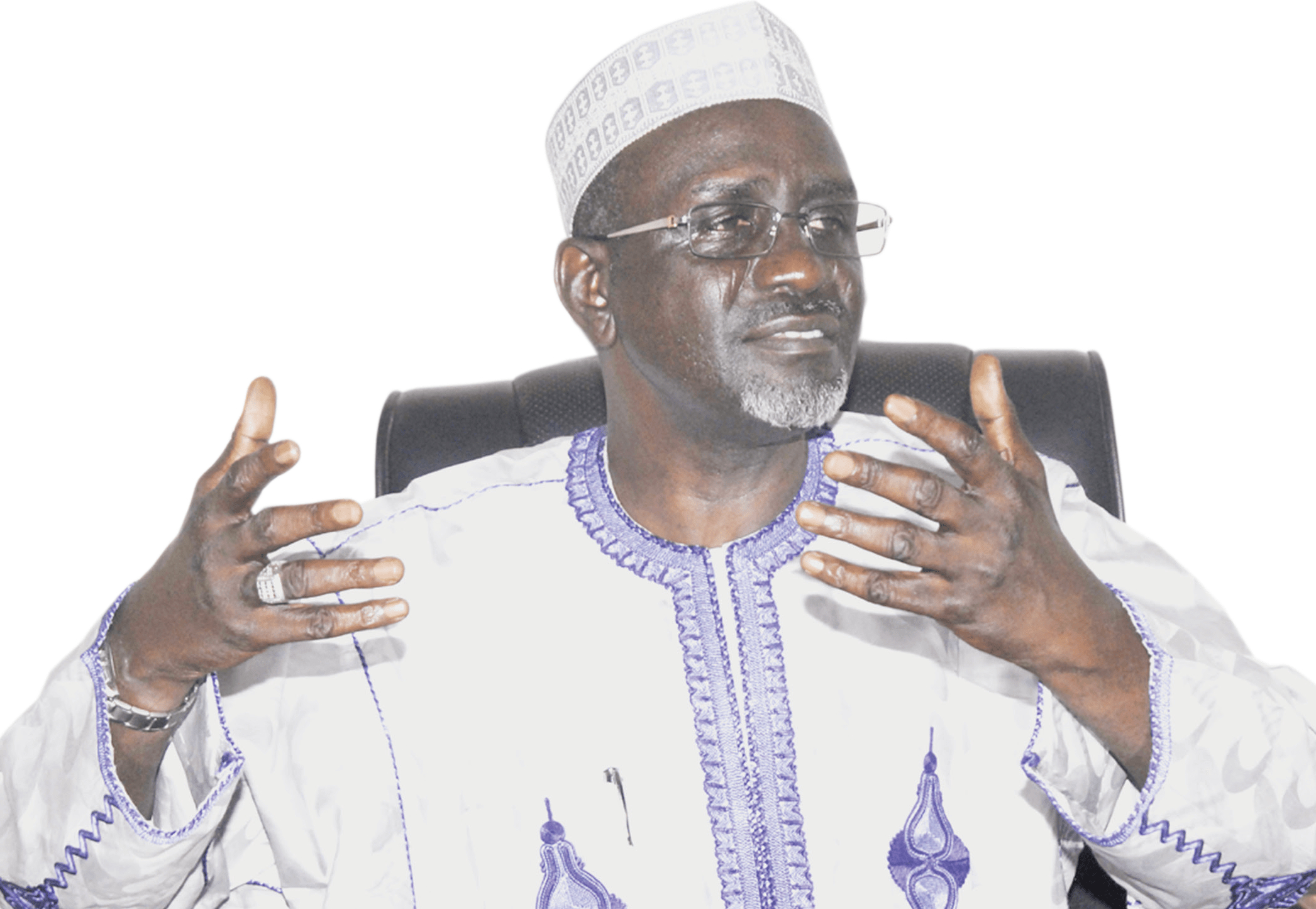Politics
Northern Democrats Reject Parliamentary System of Govt

Northern democrats oppose the proposal for a parliamentary system in Nigeria, citing concerns over its suitability and potential impact on the country’s governance.
The League of Northern Democrats (LND) has opposed Nigeria’s shift back to a parliamentary system of government.
The LND, led by former Kano State Governor Ibrahim Shekarau, supported maintaining the presidential system.
In a paper presented at the National Dialogue on a Home-Grown Parliamentary System in Abuja, the former governor expressed his view that the presidential system encourages leaders to pursue broad electoral mandates and promotes national unity by requiring candidates to appeal across ethnic and regional boundaries.
He argued that the parliamentary model established at independence, where representatives were primarily accountable to local constituencies, frequently reinforced narrow regional interests on a national scale, as observed during the First Republic.
He explained that the Federal Character principle of the presidential system ensures broad representation, acting as a structural safeguard to promote inclusivity.
According to him, this framework prevents any one group from dominating the political scene and ensures a balance of interests, thereby making the presidential model more resistant to being captured by special interest groups.
He contended that reverting to the parliamentary system could encourage localism and factionalism, claiming that members might prioritize representing specific ethnic or regional interests instead of national priorities.
He further contended that the presidential system’s wider constituency fosters coalition-building, which reduces any single group’s dominance. He believes this inclusive approach has promoted national integration by breaking down divisive barriers.
